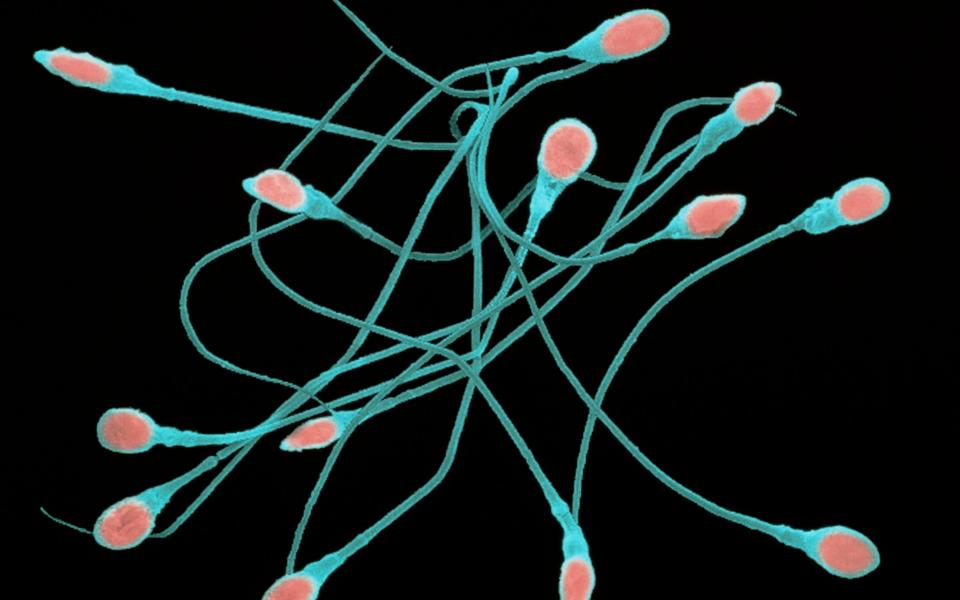Threat of human extinction from falling sperm counts greatly exaggerated, says Harvard

The threat of humans facing extinction due to falling sperm counts has been greatly exaggerated, a Harvard University study has found.
Academics have previously raised fears that humanity’s long-term survival was under threat by the rate at which sperm counts are currently falling.
A research paper published in 2017 found that total sperm count in the Western world had fallen from 59 per cent between 1973 and 2011.
However, fertility experts now believe research conducted in this area has been based on a number of “scientifically and ethically problematic assumptions”.
A team at Harvard University in the US found sperm count varies within a wide range, much of which is not caused by medical conditions and is influenced by genetic code.
Above a critical threshold, a high sperm count is not necessarily an indicator of better health or higher probability of conception, the researchers claim.
Professor Sarah Richardson, a co-author of the study, said the idea that sperm count was linked to failing fertility was unsupported by any available evidence.
The 2017 study proposed lower sperm counts can be caused by exposure to hormone-disrupting chemicals, but the Harvard researchers say this is not backed by any geographical and historical patterns.
Marion Boulicault, the latest study’s lead author, said: "By proposing an alternative approach to sperm count data, we aim to contribute to the burgeoning discussion among reproductive health scientists and other researchers and clinicians about men's health."
It has been argued by some – including men's rights and white supremacist movements – that fertility and health is endangered by ethnic and racial diversity.
But writing in Human Fertility, the Harvard team said it is "unsound and embeds unethical racist and colonial assumptions".
They questioned the "panic" over the apparent trends – which have led to "apocalyptic claims about the possible extinction of the human species".

 Yahoo Finance
Yahoo Finance 